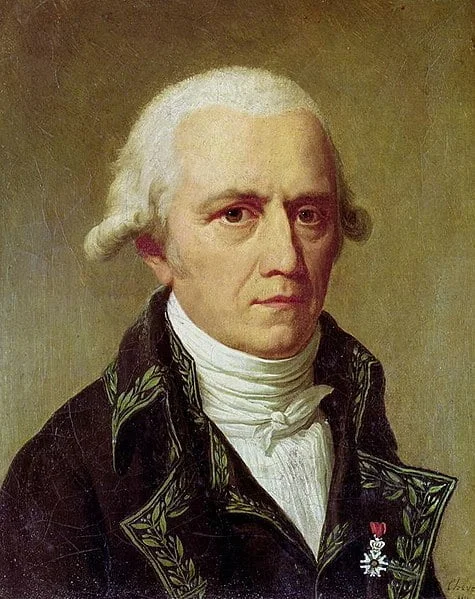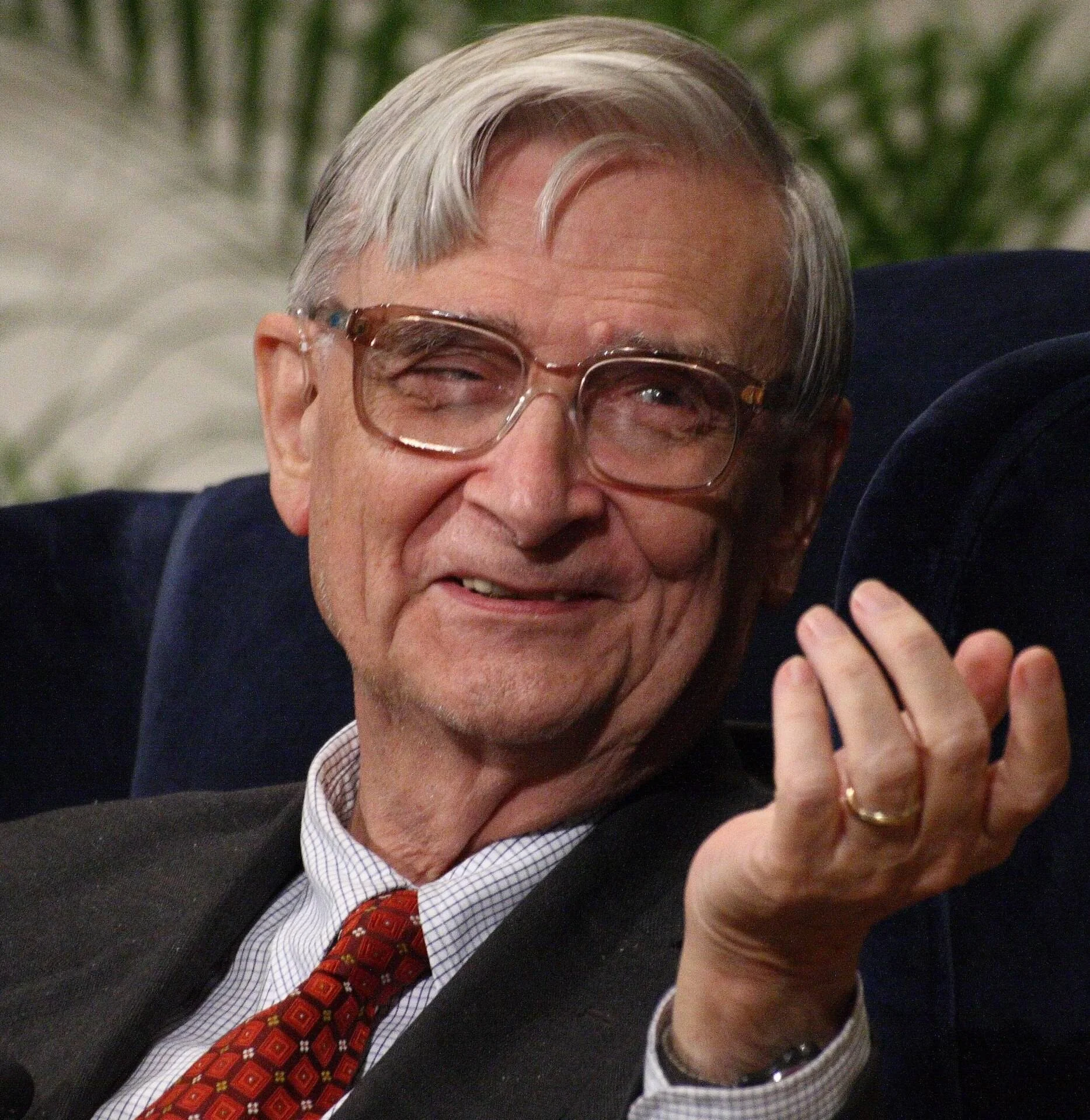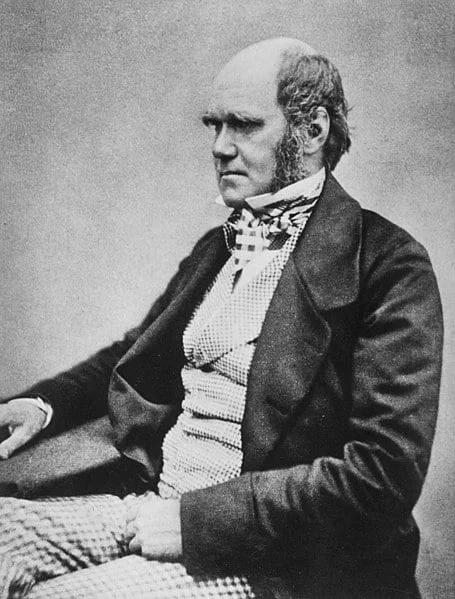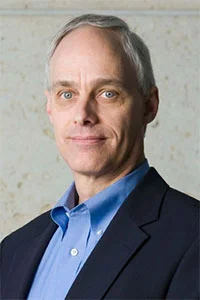Real Celebrities Never Die!
OR
Search For Past Celebrities Whose Birthday You Share
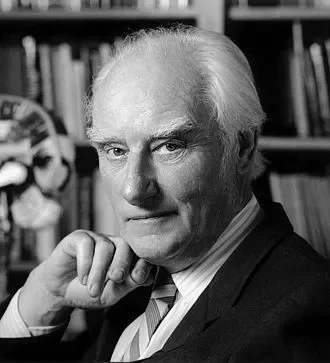
source:wikimedia.org
Francis Crick
Birthday:
08 Jun, 1916
Date of Death:
28 Jul, 2004
Cause of death:
Colon Cancer
Nationality:
British
Famous As:
Biologist
Age at the time of death:
88
Francis Crick's Quote's
Early Life and Education
Francis Harry Compton Crick was one of the most influential scientists of the 20th century. A team player played a crucial role in deciphering the helical structure of the DNA molecule.
Crick was born on June 8, 1916, in Weston Favell, Northamptonshire, England. As the first son of Harry Crick and Annie Elizabeth Crick, he was raised in a middle-class family.
Crick showed an early aptitude and devoted interest in science. He pursued physics at University College London, earning a B.Sc. in 1937.
During World War II, Crick served as a scientist for the British Admiralty, developing magnetic and acoustic mines. After the war, his curiosity led him to transition from physics to biology, a decision that would forever change the landscape of molecular biology.
Revolutionizing Molecular Biology
Crick’s pivotal scientific work began when he joined the Cavendish Laboratory at the University of Cambridge. There, as part of the Medical Research Council (MRC) unit led by Max Perutz and John Kendrew, Crick met James Watson, a young American biologist with whom he would form a groundbreaking partnership.
Together, they proposed the double helix model for the structure of DNA in 1953, using data from Rosalind Franklin and Raymond Gosling, and insights from Maurice Wilkins. Their findings, published in Nature, unveiled the molecular basis of heredity, revolutionizing biology and medicine.
In 1962, Crick, Watson, and Wilkins were awarded the Nobel Prize in Physiology or Medicine for this monumental discovery. Crick’s subsequent work at the MRC focused on unraveling the genetic code, further cementing his status as a leading figure in molecular biology.
Later Career and Neuroscience Exploration
In 1976, Crick transitioned to neuroscience and joined the Salk Institute for Biological Studies in La Jolla, California. Shifting his focus, Crick sought to understand the neural basis of consciousness, perception, memory, and learning. His later works, including The Astonishing Hypothesis, delved into the mysteries of the human mind and posed bold questions about the nature of consciousness.
Legacy and Recognition
Throughout his illustrious career, Crick received numerous accolades, including:
- The Albert Lasker Award (1960).
- The Royal Medal (1972).
- The prestigious Order of Merit (1991).
He was also a Fellow of the Royal Society and a Foreign Associate of the U.S. National Academy of Sciences.
Behind the four walls of science, Crick was also a family man. He was married twice and had three children from both marriages.
Crick passed away on July 28, 2004, in San Diego, California, at the age of 88 due to colon cancer. His work laid the foundation for modern genetics, and his insatiable curiosity continues to inspire generations of scientists.
- The Albert Lasker Award (1960).
- The Royal Medal (1972).
- The prestigious Order of Merit (1991).
He was also a Fellow of the Royal Society and a Foreign Associate of the U.S. National Academy of Sciences.
Behind the four walls of science, Crick was also a family man. He was married twice and had three children from both marriages.
Crick passed away on July 28, 2004, in San Diego, California, at the age of 88 due to colon cancer. His work laid the foundation for modern genetics, and his insatiable curiosity continues to inspire generations of scientists.
Name:
Francis Crick
Popular Name:
Francis Crick
Gender:
Male
Cause of Death:
Colon Cancer
Spouse:
Place of Birth:
Weston Favell, Northamptonshire, England
Place of Death:
San Diego, California, US
Occupation / Profession:
Personality Type
Debater: Smart and curious thinkers who cannot resist an intellectual challenge. Crick’s inquisitive nature, sharp intellect, and willingness to challenge established norms made him a visionary in the scientific community.
Crick was known for his vibrant personality and tenacity in pursuing groundbreaking ideas.
Crick worked on explosive mines for the British Navy during World War II.
He is widely regarded as one of the greatest minds in molecular biology, with an unmatched depth of knowledge in the field.
Crick was awarded the Mendel Medal in 1966
Crick won the Copley Medal in 1975
Crick won the Nobel Prize 1962
Francis Crick was honored with the Fellowship of the Royal Society in 1959.
He received the Gairdner Foundation International Award in 1962
He received the Order of Merit in 1991
He received the Royal Medal in 1972
He received the Sir Hans Krebs Medal in 1977
He was appointed Foreign Associate of the National Academy of Sciences in 1969
He was awarded EMBO Membership in 1964
He was awarded the Albert Lasker Award for Basic Medical Research in 1960
He was awarded the Golden Plate Award of the American Academy of Achievement in 1987
He won the Albert Medal in 1987

